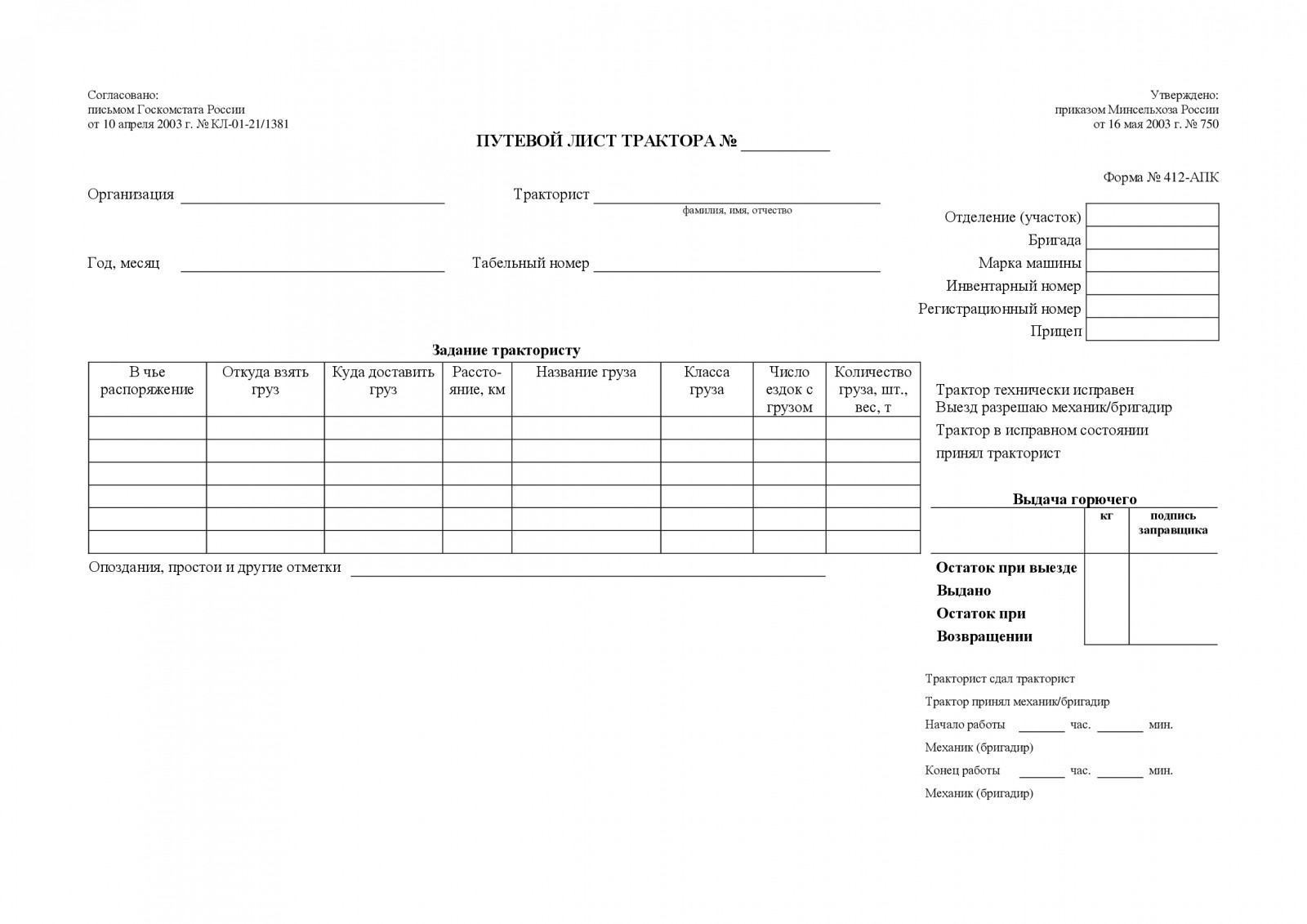
Blank Putevoj List Avtovishki
Moses received the Torah from Sinai and gave it over to Joshua. Joshua gave it over to the Elders, the Elders to the Prophets, and the Prophets gave it over to the Men of the Great Assembly. They [the Men of the Great Assembly] would always say these three things: Be cautious in judgement. Establish many pupils. And make a safety fence around the Torah. Shimon the Righteous was among the last surviving members of the Great assembly.
He would say: The world stands on three things: Torah, the service of G‑d, and deeds of kindness. Antignos of Socho received the tradition from Shimon the Righteous. He would say: Do not be as slaves, who serve their master for the sake of reward. Rather, be as slaves who serve their master not for the sake of reward.
And the fear of Heaven should be upon you. Yossei the son of Yoezer of Tzreidah, and Yossei the son of Yochanan of Jerusalem, received the tradition from them.
Yossi ben Yoezer Ish Tzreidah and Yossi ben Yochanan Ish Yerushalayim received (the tradition) from him (Antignos Ish Socho). Yossi ben Yoezer says: Your house should be a meeting place for wise people. Attach yourself to the dust of their feet. And drink thirstily of their words. Antignos Ish Socho taught about man himself attaining [].
Also, you can see properties on any shape by opening the Properties and Settings dialog box and then selecting a shape. Visio Viewer is particularly useful for teams that need to collaborate from different locations. Internet Explorer will open, and Visio Viewer will render the drawing in the browser window. Viewing Visio drawings is as simple as double-clicking the drawing (files with a.vsd,.vss,.vst,.vdx,.vsx, or.vtx extension) in Windows Explorer. You can then pan and zoom in the drawing window by using toolbar buttons, keyboard shortcuts, or menu items in the shortcut menu. Visio samouchitelj pdf converter.
Yossei the son of Yoezer of Tzreidah would say: Let your home be a meeting place for the wise; dust yourself in the soil of their feet, and drink thirstily of their words. Yossei the son of Yochanan of Jerusalem would say: Let your home be wide open, and let the poor be members of your household. And do not engage in excessive conversation with a woman. This is said even regarding one's own wife—how much more so regarding the wife of another. Hence, the sages said: One who excessively converses with a woman causes evil to himself, neglects the study of Torah, and, in the end, inherits purgatory.
Joshua the son of Perachia and Nitai the Arbelite received from them. Joshua the son of Perachia would say: Assume for yourself a master, acquire for yourself a friend, and judge every man to the side of merit. Nitai the Arbelite would say: Distance yourself from a bad neighbor, do not cleave to a wicked person, and do not abandon belief in retribution. Judah the son of Tabbai and Shimon the son of Shotach received from them. Judah the son of Tabbai would say: When sitting in judgement, do not act as a counselor-at-law. When the litigants stand before you, consider them both guilty; and when they leave your courtroom, having accepted the judgement, regard them as equally righteous. Shimon the son of Shotach would say: Increasingly cross-examine the witnesses.
Be careful with your words, lest they learn from them how to lie. Shmaayah and Avtalyon received from them.

Shmaayah would say: Love work, loath mastery over others, and avoid intimacy with the government. Avtalyon would say: Scholars, be careful with your words. For you may be exiled to a place inhabited by evil elements [who will distort your words to suit their negative purposes]. The disciples who come after you will then drink of these evil waters and be destroyed, and the Name of Heaven will be desecrated. Hillel and Shammai received from them.
Hillel would say: Be of the disciples of Aaron—a lover of peace, a pursuer of peace, one who loves the creatures and draws them close to Torah. He would also say: One who advances his name, destroys his name.
One who does not increase, diminishes. One who does not learn is deserving of death. And one who make personal use of the crown of Torah shall perish. He would also say: If I am not for myself, who is for me? And if I am only for myself, what am I? And if not now, when? Shammai would say: Make your Torah study a permanent fixture of your life.
Say little and do much. And receive every man with a pleasant countenance. Rabban Gamliel would say: Assume for yourself a master; stay away from doubt; and do not accustom yourself to tithe by estimation.
His son, Shimon, would say: All my life I have been raised among the wise, and I have found nothing better for the body than silence. The essential thing is not study, but deed. And one who speaks excessively brings on sin. Rabbi Shimon the son of Gamliel would say: By three things is the world sustained: law, truth and peace. As is stated (, 'Truth, and a judgement of peace, you should administer at your [city] gates.' Deborah Ademola October 30, 2017 One of the great things about the Pirkei Avot is the close liaison between the sayings of the Jewish sages, and the Hebrew Bible. There is a great consistency between verse 5, which warns against excessive (not all) conversation with a woman, verse 15, which urges one to 'say little and do much', and verse 17, which states that speaking excessively brings on sin.
Three different verses from different sages, but all saying the same thing: Jews must be careful with their words. During my study of Tanakh, I came across Mishlei 10, v19, which says, 'Where there is much talking, there is no lack of transgressing,' and I was reminded of Pirkei Avot.